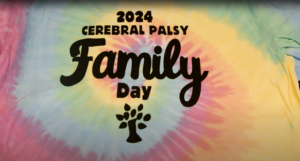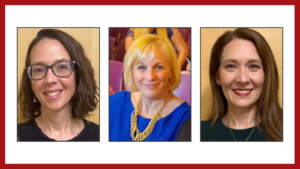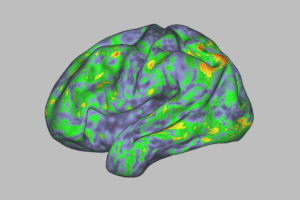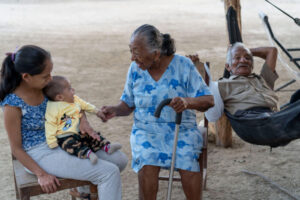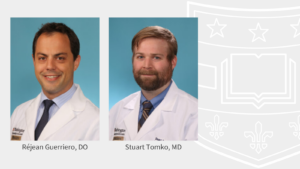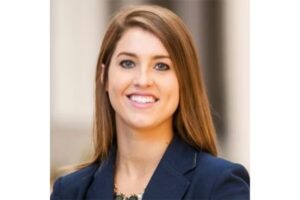Cerebral Palsy Family Day is an annual event at the Missouri Botanical Garden that is free to all families cared for at the Cerebral Palsy and Mobility Center at St. Louis Children’s Hospital. During this event, caregivers learn about what it is like to grow up with CP from adults with CP. They also engage […]
WashU Medicine Cerebral Palsy Family Day 2024: Overview
